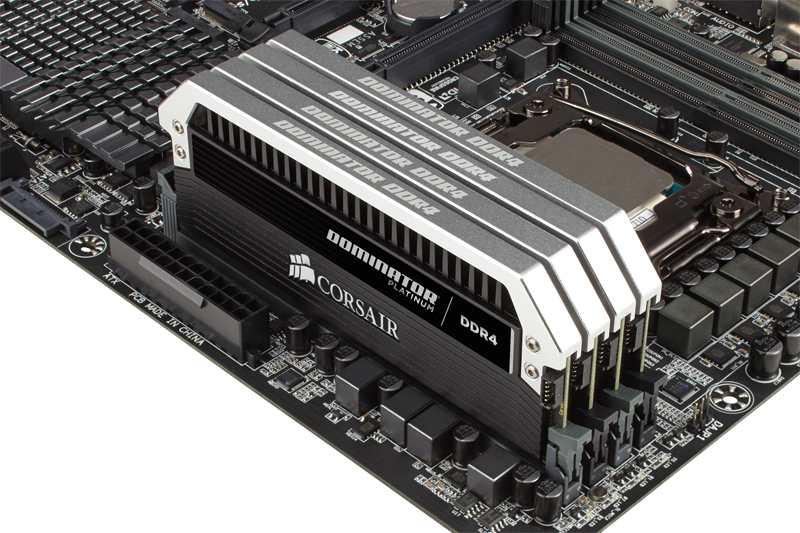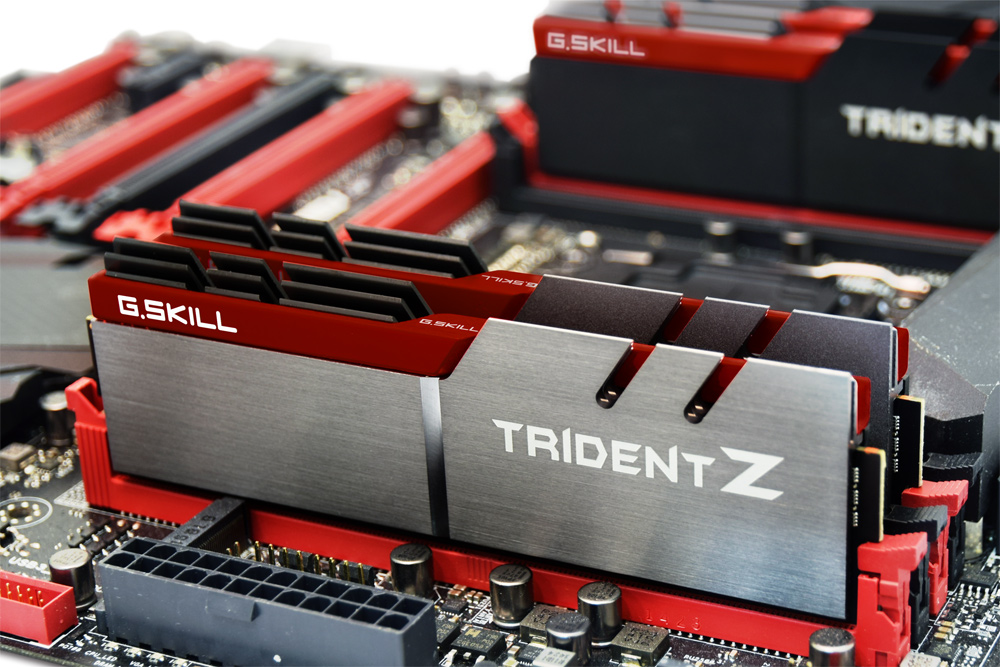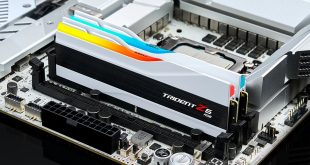Contract prices of dynamic random access memory (DRAM) modules dropped in August and September, despite peak season and anticipated stock-up demand on China, according to DRAMeXchange. Analysts believe that the launch of Microsoft Windows 10 this summer did not catalyse rise of demand, whereas the free Windows 10 upgrade program actually slowed sales of PCs down. Moreover, prices of memory will continue to drop in the coming quarters.
Average contract price of one 4GB DDR3 SO-DIMM module in the second half of September declined to $18.5 (a drop of 2.63 per cent from the previous period), whereas average contract price of one 4GB DDR4 SO-DIMM decreased to $20 (a reduction of 4.76 per cent from the previous period), according to the world’s leading memory market tracker. In early July one 4GB DDR3 SO-DIMM cost $24.5, whereas in May it was sold for over $27.
Prices of DRAM have been falling for a number of quarters and even in August and September they did not stop their declines because sales of PCs, smartphones and servers were weak.
“Notebook shipments in the third quarter fall short of what is expected for a traditional peak season mainly because Windows 10 with its free upgrade plan negatively impacted replaced sales of notebooks to some extent rather than driving the demand for these products,” said Avril Wu, assistant vice president at DRAMeXchange. “Furthermore, projected shipments of smartphones and servers have been marked down, and this has seriously eroded the margins of DRAM suppliers.”
While there are only three major DRAM manufacturers on the planet now – Samsung, SK Hynix and Micron – the competition remains heated, causing prices to fall. Moreover, as the industry transits to 20nm process technology for computer memory, it further increases the DRAM output, which negatively affects prices. Samsung Electronics is gearing up to start production of DRAM using 10nm-class (allegedly 18nm) process technology sometimes next year, which will put even more pressure on prices and competitors, reports DRAMeXchange.

Slow demand for PCs, servers and other devices coupled with increasing DRAM output will continue to negatively impact prices of memory unless the global economy starts to recover, generating demand for products in general and memory in particular.
“If the global economy continues to stagnate, the end market will not generate the demand needed to effectively consume the new DRAM chips produced on the advanced processes,” said Mr. Wu. “Looking ahead to the first half of 2016, DRAMeXchange expects price decline in the DRAM chip market to become more severe than the current slide.”
Discuss on our Facebook page, HERE.
KitGuru Says: On the one hand, low prices are good for the buyer. On the other hand, problems of DRAM producers caused by low prices and miniscule profitability will inevitably have their negative effect on the whole industry in the future.
 KitGuru KitGuru.net – Tech News | Hardware News | Hardware Reviews | IOS | Mobile | Gaming | Graphics Cards
KitGuru KitGuru.net – Tech News | Hardware News | Hardware Reviews | IOS | Mobile | Gaming | Graphics Cards




neat, more incentive to upgrade from my 6GB to 16GB.
last tuesday I got a top of the range Honda from earning $16020 this last four weeks and also ten-k last-month . this is definitely the coolest work I have ever done . Without any question it’s the most financially rewarding Ive had . I started this 4 months ago & practicaIIy straight away began to bring home over $97 p/h .Visit weblink to start immediately.
..y3g……
➤➤➤➤ http://GoogleExtraPayingTopJobssuperiorEmploymentProjects/Get/Start/Today… ✱✱✱✱✱✱✱✱✱✱✱✱✱✱✱✱✱✱✱✱✱✱✱✱✱✱✱✱✱✱✱✱✱✱✱✱✱✱✱✱✱✱
sweet good time to get 16 gb
Already have 16gb on my x99 system, it has dropped a bit since but i didn’t get it when it first came out, only some months back. If it continues to drop maybe ill sell them later and move up to 32gb.. tbh though that’s probably pointless as i don’t think I’ve seen even 8gb usage yet.